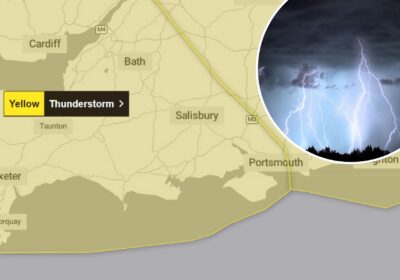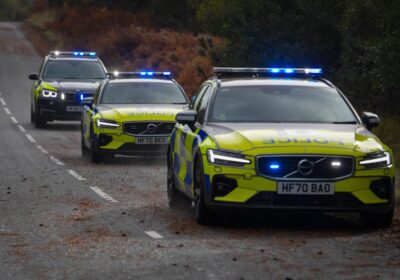WHEN people talk about today’s town centres, it is rarely positive. They bemoan empty units, high rents, complain about charity shops and mutter about the excessive number of barbers and cafes. I ran a business on a high street for 14 years and led a Chamber of Trade for close to a decade. These issues have been part of my daily work for all of this century.
One assumes that the high street of the late 20th century – with Woolworths, Radio Rentals, a string of banks and W H Smith – always existed but they themselves were a snapshot of their time.
Woolworths probably bankrupted the independent haberdasher and ironmonger that would, a couple of generations earlier, sat side by side on the high street. The pick ‘n’ mix in a paper cup superseded the white paper bag of toffees eagerly chosen from the traditional sweetshop and its Ladybird children’s clothes probably saw off a local clothing store.
Modern high streets do look different but what if we stop and think – charity shops allow us to buy inexpensive clothes in streets that could not support a range of fashion stores; we can give new life to toys and homewares that would otherwise be hidden in a cupboard, or worse, thrown in the bin. Barbers and salons reflect our interest in personal grooming, and cafes provide a fantastic hub for improved wellbeing.
The 20th century high street is gone and rather than yearn for its return we should imagine what a 21st century town centre should be. One hundred years ago, people lived in towns – above the shop or next door. Then we built homes on the edge of town, the high street would empty at 5pm and became deserted. From the outside looking in this seems like a waste of time and space – separating businesses from their customers, employers from their staff for no real reason.
If we rethink town centres as communities, we can reduce the space used for retail and encourage the reuse of buildings for other purposes. Bring in homes, GP practices, nurseries and community centres, re-imagine towns where people co-exist with business, work can be just a stroll away and workshops or offices can abut a park, church or cafe.
Those living in towns will want businesses on their doorsteps but not in a 20th century way. A new normal may develop – one where we don’t use shops but instead buy from people; online shopping may become even more popular with deliveries by drones or robots; or our desire to buy things may reduce altogether?
We can either embrace change as previous generations did and design the towns of the future or we can cling to the past and be dragged there anyway, reacting to necessity rather than proactively creating spaces to love.
We do not know what the future holds for our high streets, but the current model seems to be broken beyond repair and I hope we have the courage to grasp change.
VIKKI SLADE
Lib Dem ProspectiveParliamentary Candidate – Mid Dorset & North Poole










Leave a Reply